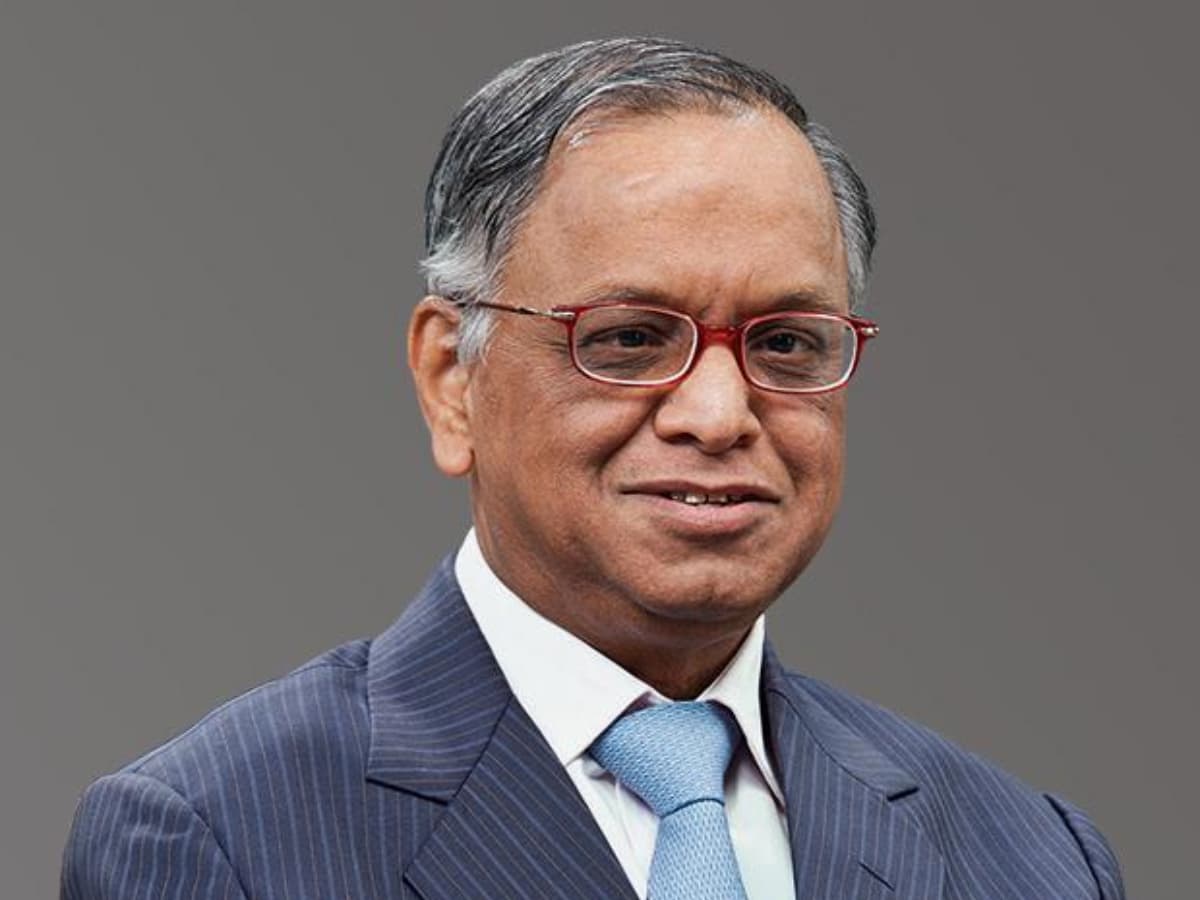
Chief Justice of India (CJI) Sanjiv Khanna on Thursday firmly discouraged oral mentions for case listings in the Supreme Court, urging lawyers to respect decisions made by him in his administrative capacity as the “master of the roster”. Addressing lawyers seeking dates for their cases during a crowded court session, justice Khanna remarked: “We will not allow oral mentioning. All emails are reviewed, and decisions on listing are taken accordingly.
Some requests are allowed, and some are rejected. Take it in your stride.” Despite lawyers’ varied requests, the CJI remained resolute, emphasising that the allocation of cases and benches would be decided solely on the administrative side, in accordance with established practices.

As the master of the roster, the CJI holds the exclusive authority to assign cases and form benches, a responsibility vested in him as the administrative head of the judiciary. To be sure, the issue of case listing and perceived preferential treatment in the assignment of matters has been a recurring flashpoint in the Supreme Court, marring the tenures of several CJIs. Justice Khanna’s predecessor, justice Dhananjaya Y Chandrachud, also faced criticism during his tenure when noted lawyers, including Dushyant Dave and Prashant Bhushan, alleged arbitrary changes in the listing of select cases.
In response, justice Chandrachud had defended the judiciary in December 2023, stating: “All judges are to be treated as equal on the judicial side. It is surprising that some lawyers want their cases listed before specific judges.” Also Read: A Pandora’s box that the Supreme Court has opened In February 2023 as well, the Supreme Court administration dealt with allegations concerning inconsistent assignment of cases in a matter involving Tamil Nadu minister V Senthil Balaji.
Similar complaints had surfaced during the terms of other CJIs, each raising questions about the discretionary nature of listing processes. At that time too, justice Chandrachud maintained that while it is easy for lawyers to be irresponsible in making allegations against the Supreme Court administration, the judges are bound by discipline and laid down norms. One of the most dramatic episodes in the history of the Supreme Court’s functioning unfolded in January 2018, when four most senior judges -- justices J Chelameswar, Ranjan Gogoi, Madan B Lokur and Kurian Joseph -- held an unprecedented press conference accusing then CJI Dipak Misra of selectively assigning politically sensitive cases to preferred benches.
The immediate trigger for the press briefing was Justice Chelameswar’s November 2017 order, which directed the listing of a case related to a medical admissions scam before a bench of the five most senior judges. This decision was promptly overturned by CJI Misra, who constituted a five-judge bench to reaffirm his sole authority as the master of the roster. In subsequent rulings in April and July 2018, the Supreme Court upheld the principle that only the CJI could allocate cases and constitute benches.
A plea by former law minister Shanti Bhushan , advocating consultation with collegium members on case allocation, was also rejected during this period. According to the current listing rules, cases are assigned to judges based on their roster as determined by the CJI. The rule aims to ensure that a case follows a judge rather than a bench, maintaining consistency and avoiding perceptions of bias.
The controversy surrounding case allocation reflects the complex balance the judiciary must strike between transparency and efficiency. While justice Khanna’s firm stance on oral mentions signals his intent to maintain a structured and impartial process for listing cases, his approach to the master of the roster’s responsibilities will be closely watched, given the sensitivity of the role in a system where every decision is scrutinised under the lens of accountability and fairness..











